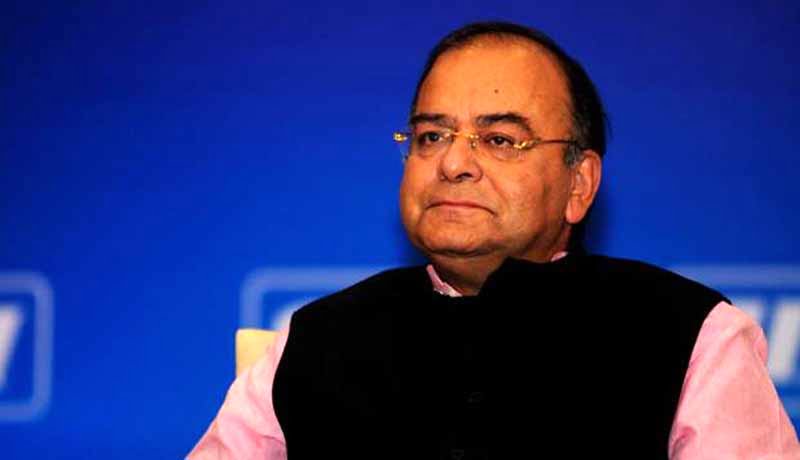GST Council to meet on Nov 10 in Assam: Council to Cut list of items in 28%

With the introduction of new Indirect Tax called Goods and Services Tax (GST) on 1st July 2017 which replaced multiple cascading taxes levied by the Central and State Governments.
On next GST meeting on Friday the council were planning to trim about 150-200 items from 28% slab. They also try to bring changes in SMEs a single return filing form in order to make the procedure of return filing simpler.
To make the process simpler, small firms may be allowed to file of only one summary return form GSTR3B, doing away with filing of GSTR1, GSTR2 and GSTR3.
The GST Council, headed by Finance Minister Arun Jaitley, is scheduled to meet on 10 November to consider lowering of the 28% GST rate on certain common use items, government officials said.
Top sources in the finance ministry reportedly said that the Prime Minister's Office (PMO) is steering the proposed changes aimed at reducing tax and compliance burden for millions of small traders, ease rules and cut rates on many goods and services that currently fall under the 28 percent slab.
The GST Council—the apex body for decision making headed by finance minister Arun Jaitley—will review the return filing process in its next meeting that will be held in Guwahati.
Bihar Finance Minister Sushil Modi headed the Group of Ministers (GoM) of state finance ministers that have been set up to look into various issues pertaining to a scheme for small taxpayers under the Goods and Services Tax (GST), will present a paper to the Council, proposing crucial changes in the return filing process.
To make the process simpler, GoM may recommend especially for small tax payers filing of only the summary return form GSTR3B, and doing away with filing GSTR1, GSTR2 and GSTR3. However, a taxpayer does not have to provide invoice level information in the form.
The government has also extend the time and date of return filing Last week, the date for filing GSTR2 form for July, was extended till November 30 from October 31. July GSTR-3 returns for July were also extended by a month to December 11.
Currently, businesses have to file returns in GSTR1 (outward supplies or goods that they sell), GSTR2 (inward supplies or inputs and raw material that they buy) and GSTR3 (finalization of outward and inward supplies of taxable items) and one annual return.
In order to reduce the compliance burden, last month the council approved to allow small tax payers with the turn over less than 1.5 crore can file return quarterly instead of filing monthly returns.
According to Pavan Peechara, CEO of a GST Suvidha Provider Adequare, filing of just GSTR3B should not be looked as a permanent option.
“Filing of GSTR3B needs to be continued beyond December but it should not be looked at a permanent option. Filing of just GST3B would indicate going back to the self-declaration and audit intensive method, replacing the proposed transparent sharing of data via filing GSTR1, 2 and 3,” Peechara said.
The GST Council may consider lowering tax rates on a host of items, such as handmade furniture, plastic products and daily use items like shampoo, and simplify return filing rules.
“An exhaustive list is being prepared by the fitment committee (an officials’ panel that proposes GST rates for goods and services). A major overhaul in rates is expected. Changes in rates may not be restricted to moving non-sin goods out of the 28 percent bracket. It could be across other slabs tax (12 and 18 percent),” a senior government official reportedly said.
The GST council has addressed number of issues particularly providing relief to small and medium enterprises (SMEs) and exporters grappling with procedural irritants, delayed refunds and technical glitches on returns filing in GSTN.
The reduction in rates will be a significant step towards simplification of GST to support the trader community ahead of the election in Gujarat that will be held in two phases—December 4 and 11.
Sources said that the SMEs have been hit by the implementation of the new indirect tax system and crucial steps will be taken to mitigate their challenges.


